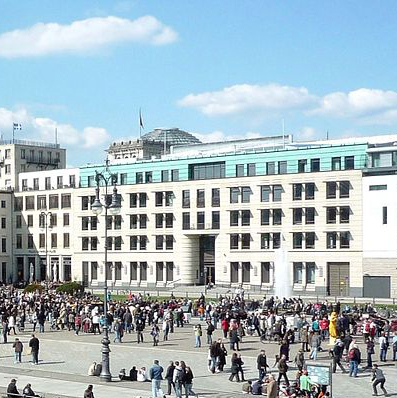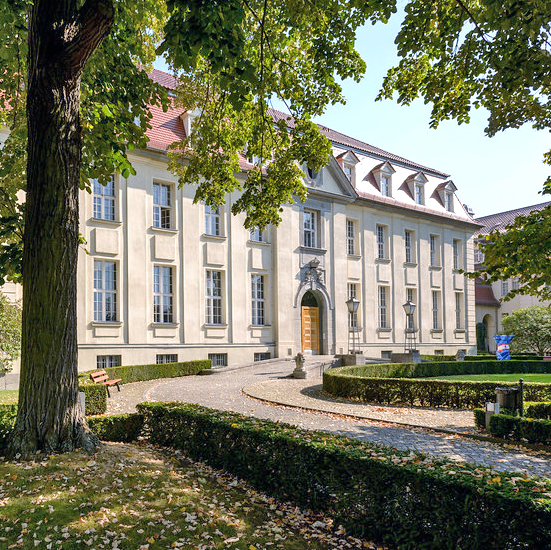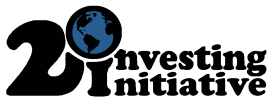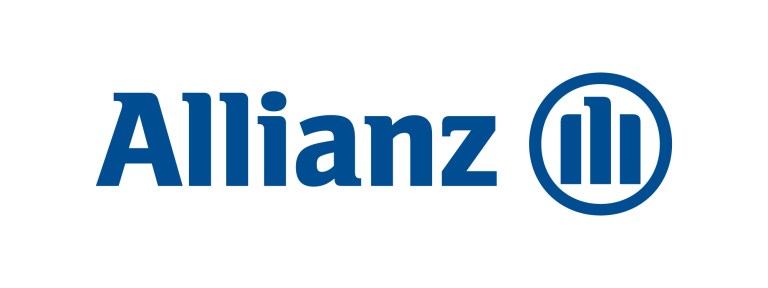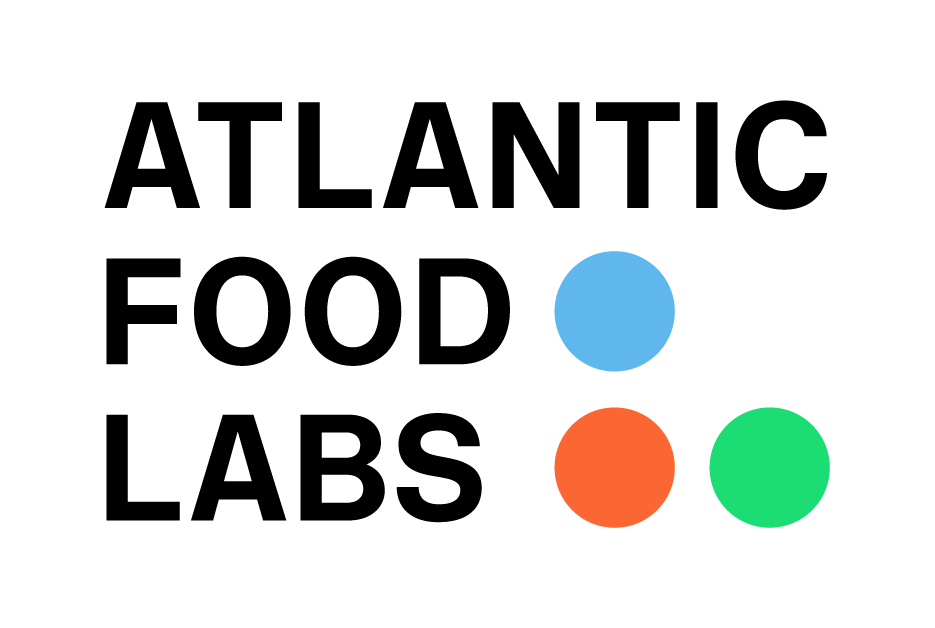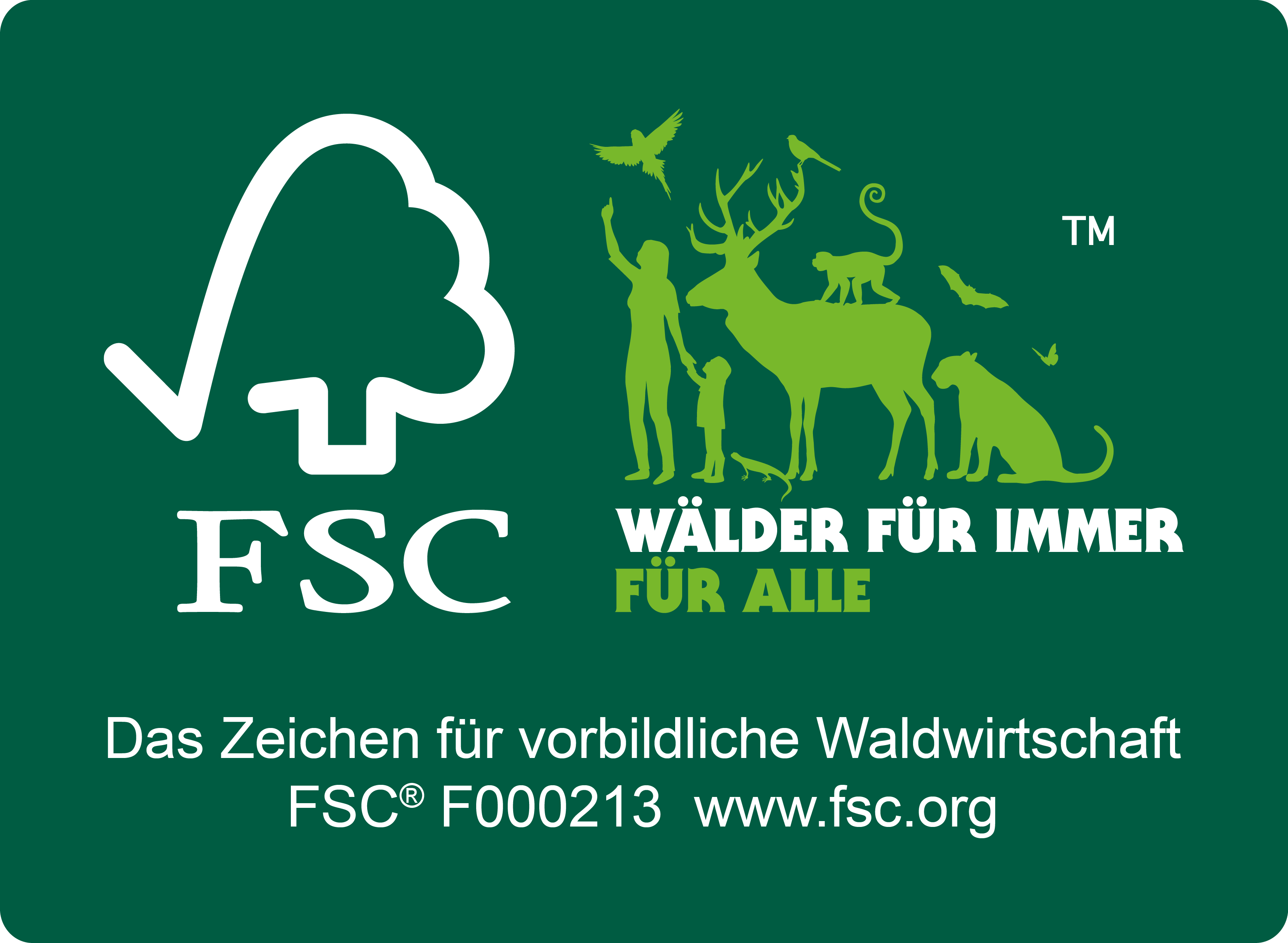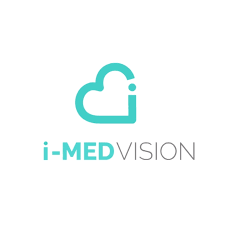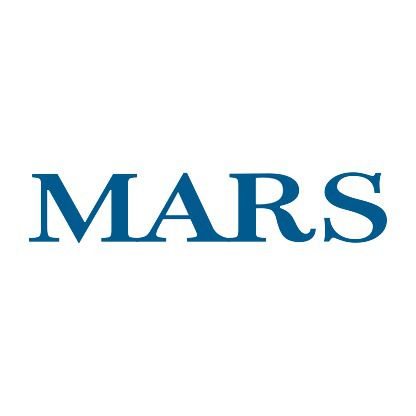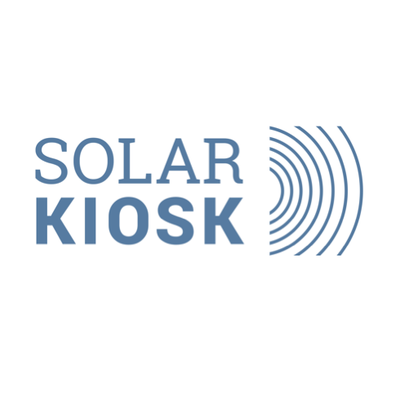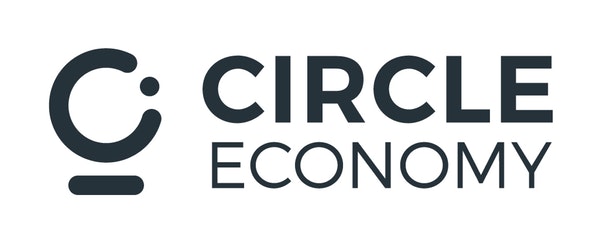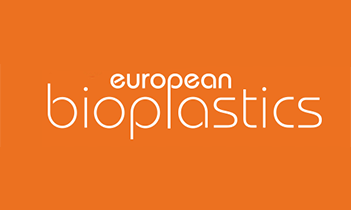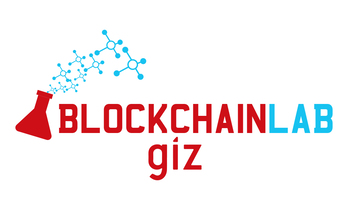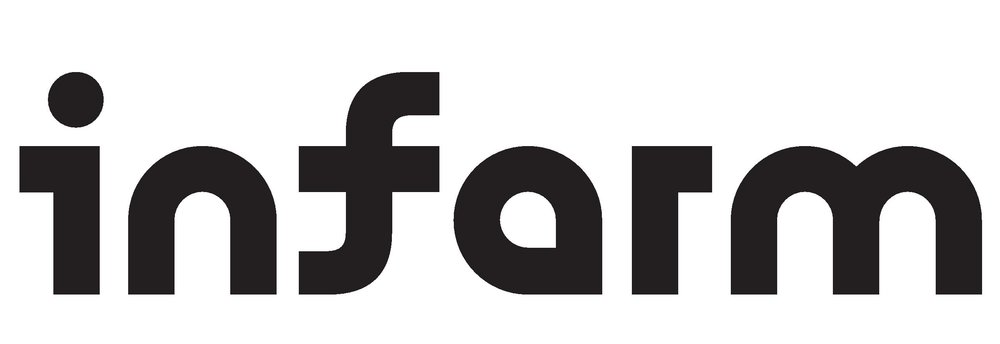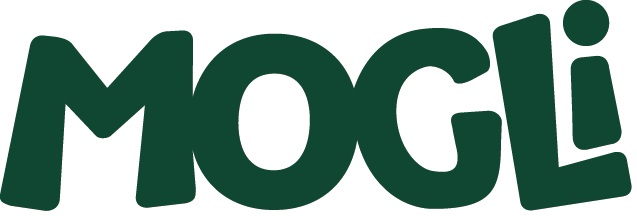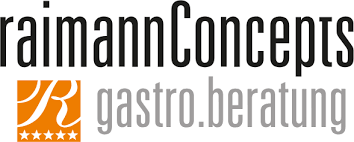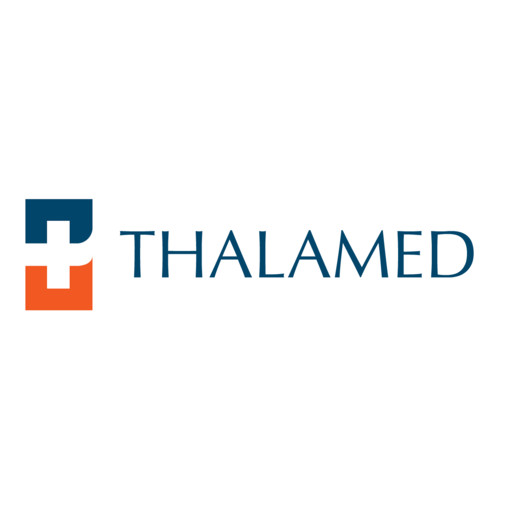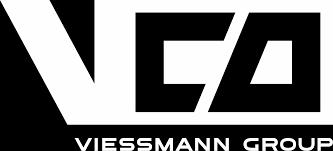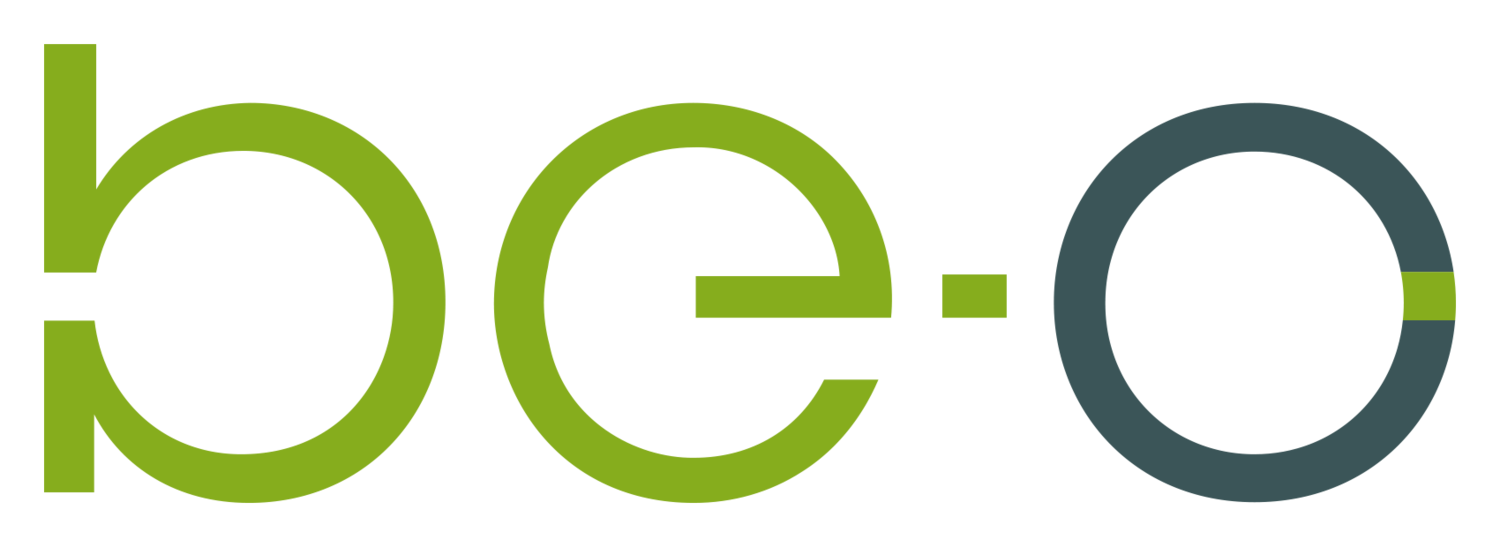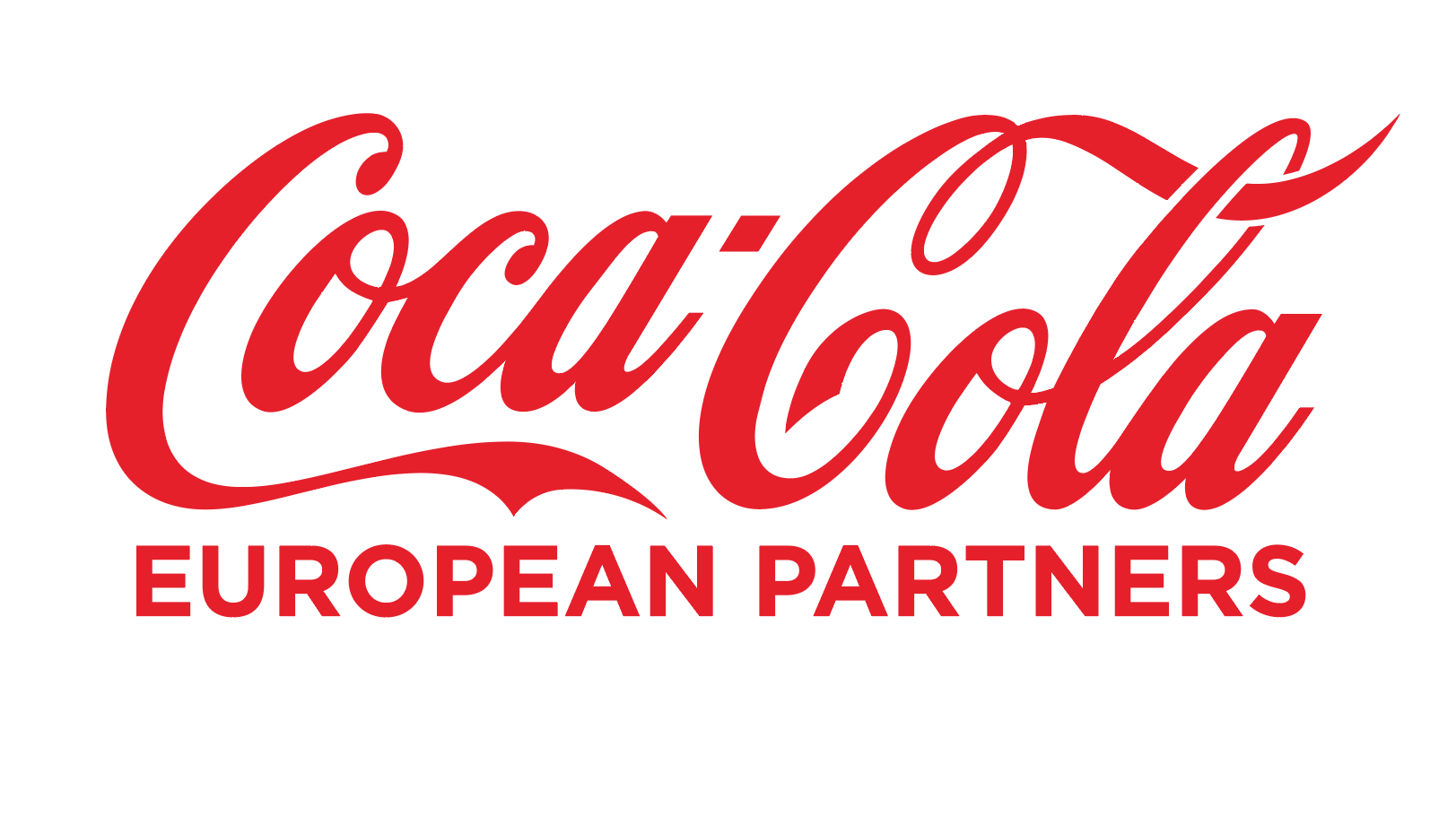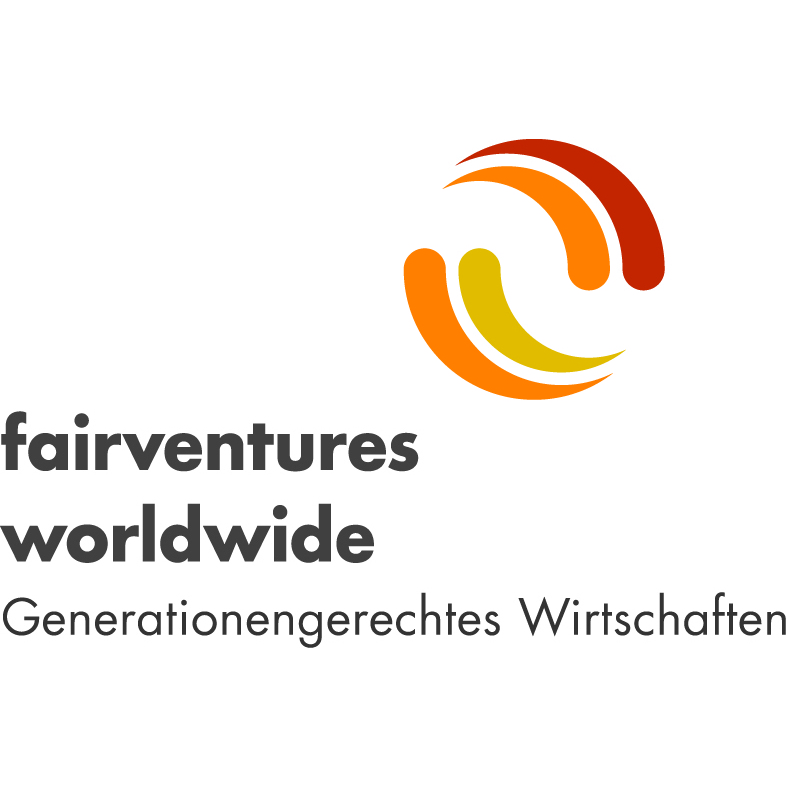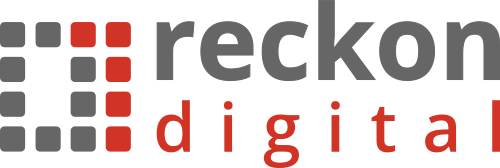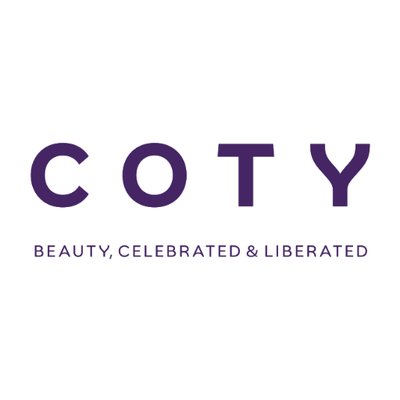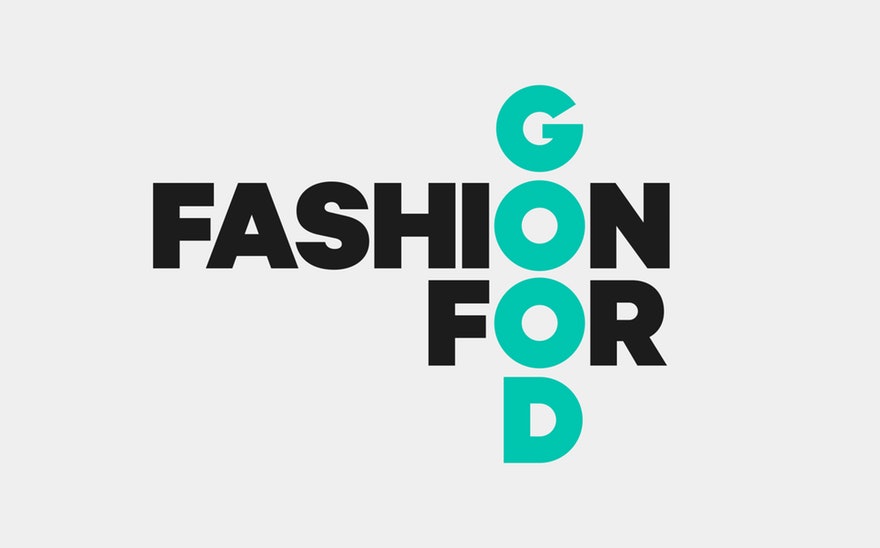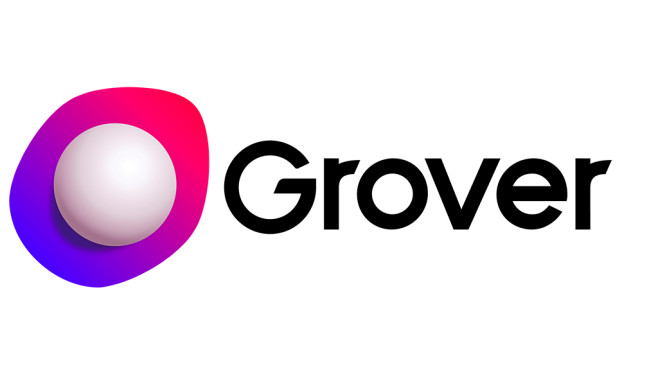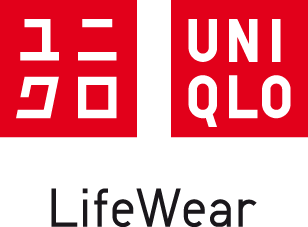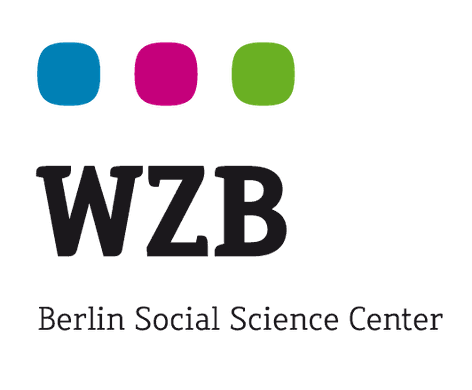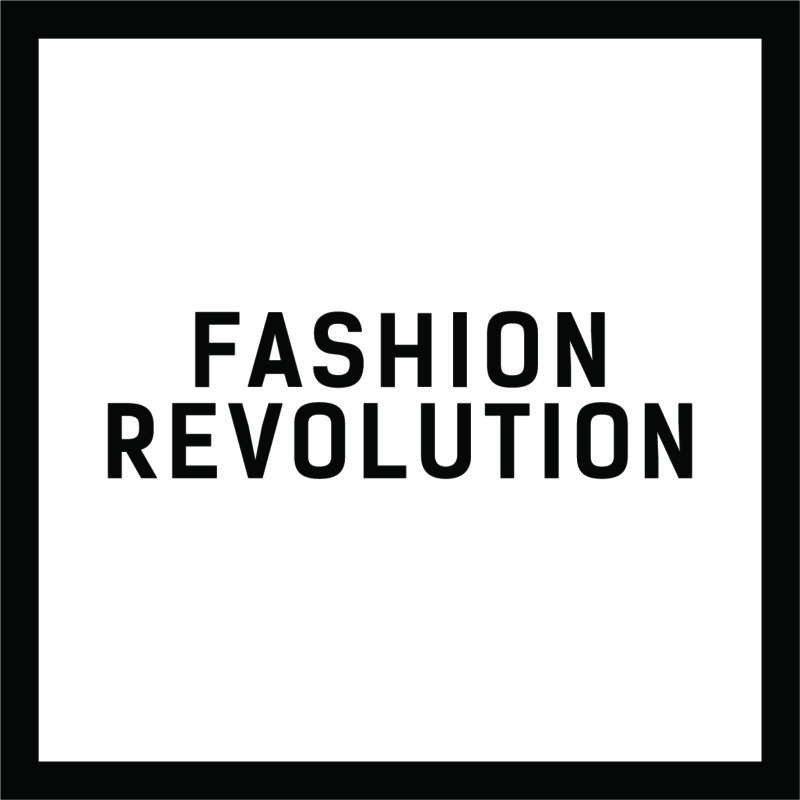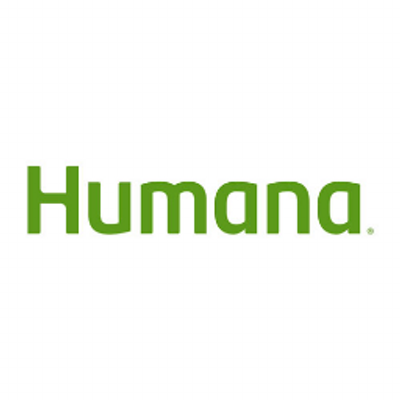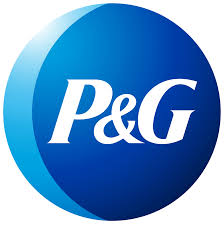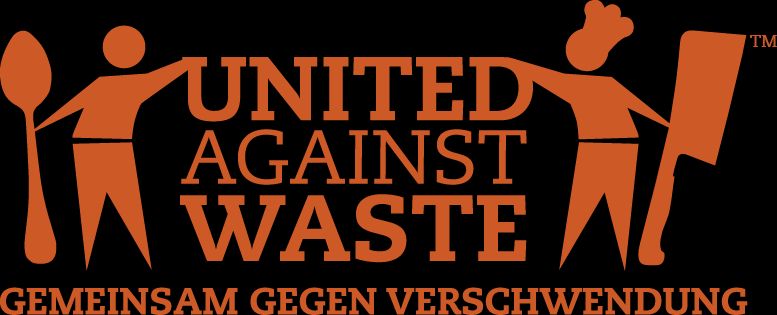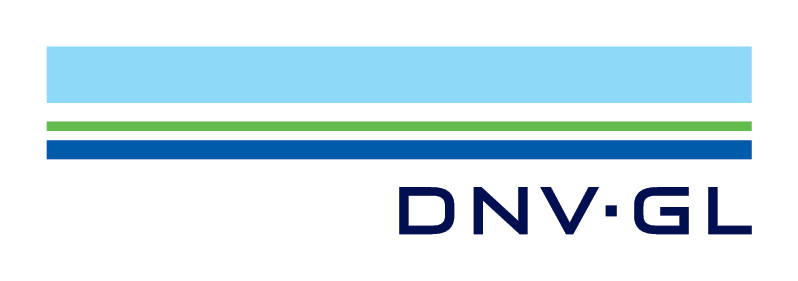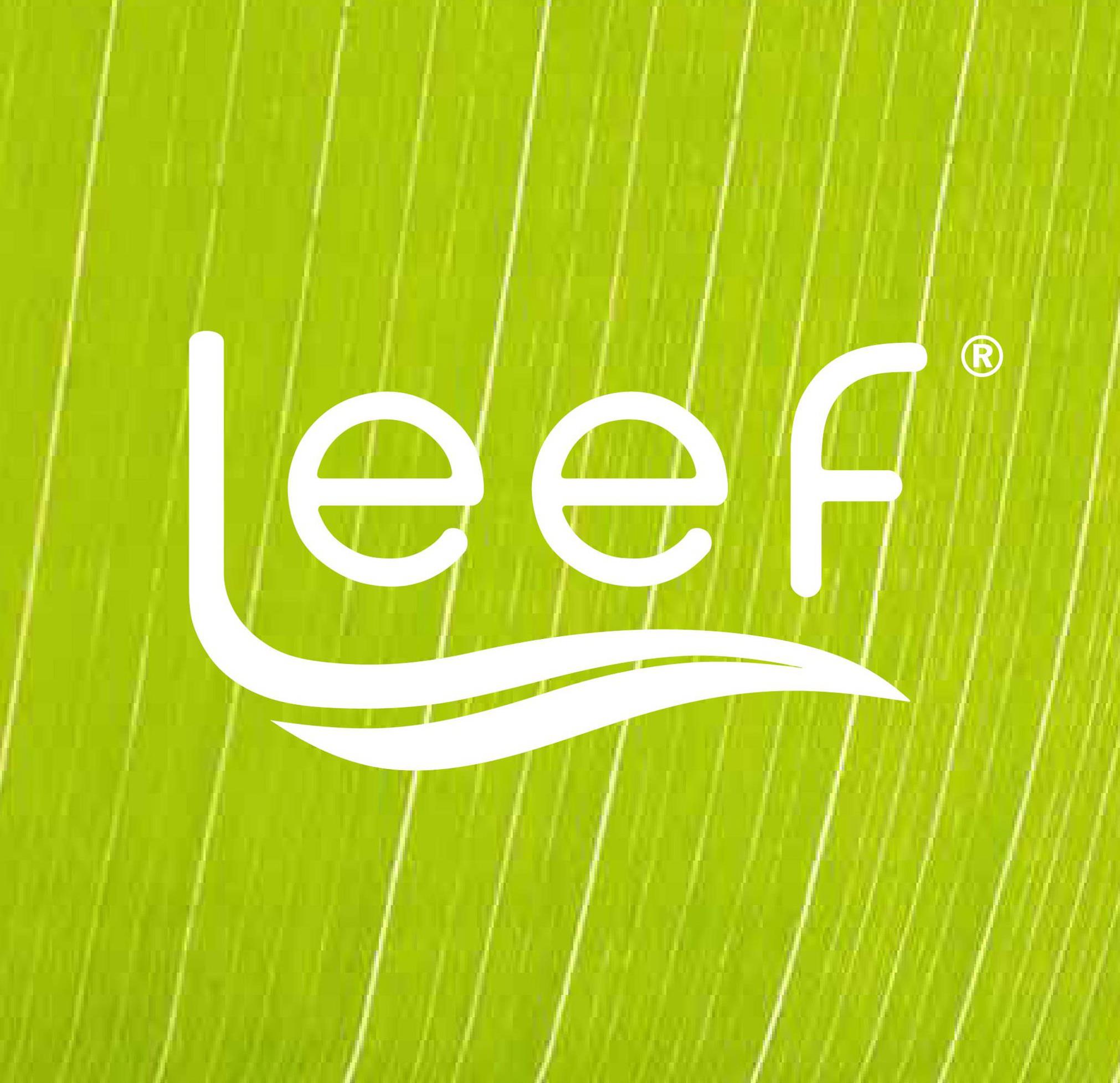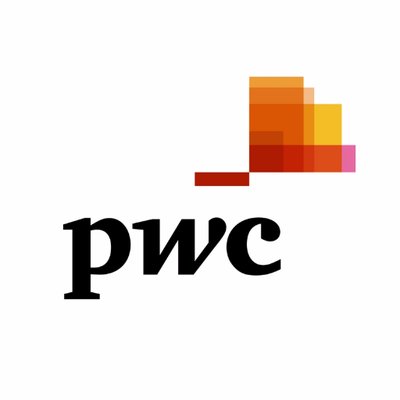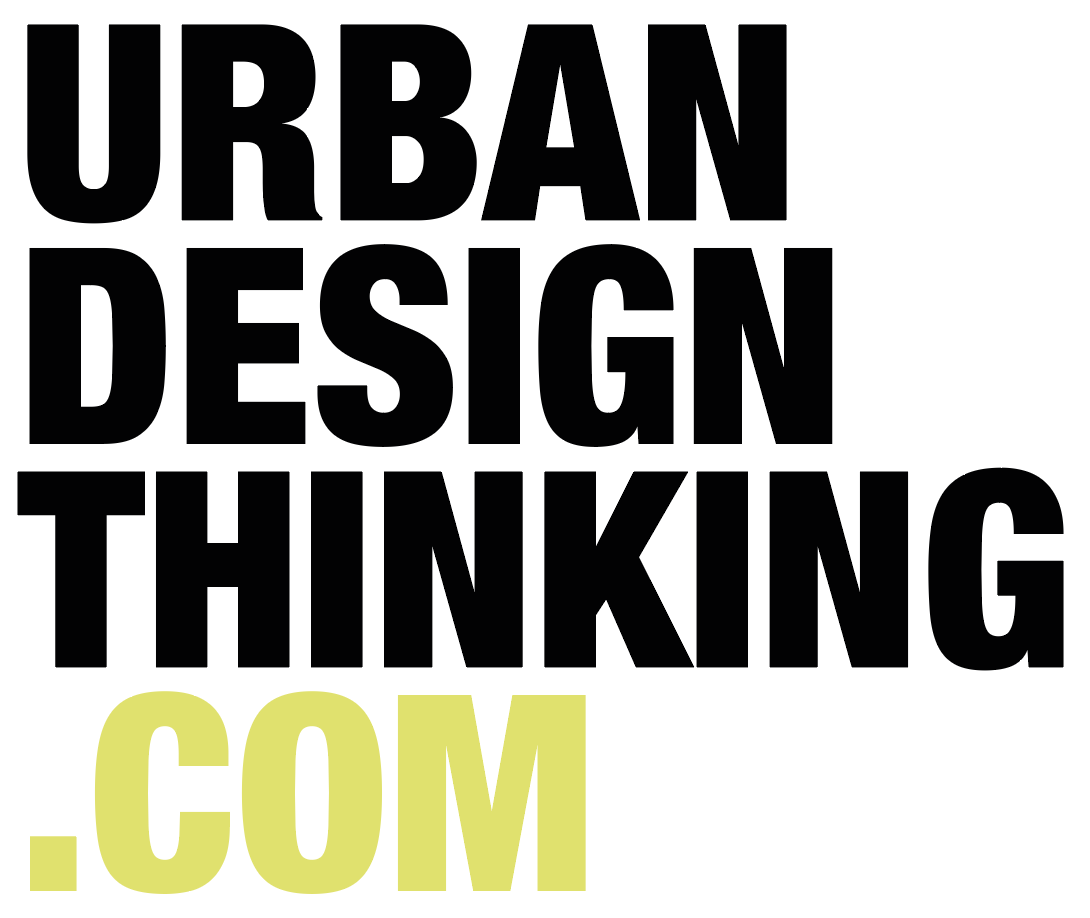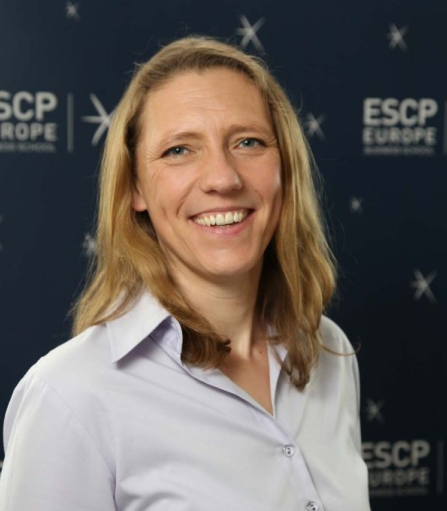Conference on Sustainable Innovation - 2019
Partnership for
the UN Sustainable
Development Goals
# WHAT IS THE SDG CONFERENCE?
Future decision makers must understand their impact and responsibility when planning their social and economic development. Since 2016 an increasing number of companies have integrated the UN Global Goals of Sustainable Development (SDGs) into their business activities. Partnerships with NGOs and/or political institutions allow them to reach more sustainable results.
ESCP is committed to the Agenda 2030 and has integrated the SDGs into the curriculum to train future managers. We believe future decision makers must understand their responsibility in relation to their social and economic impact.
The Conference on Sustainable Innovation is part of this training. Since 2017 it has allowed businesses, political institutions, and civil society to reflect on their projects related to the SDGs and sustainability, and to contribute to the education of young talents.
# Conference Participants
We welcome stakeholders from the Politics/Government, Business, and Civil Society spheres to work together on the Agenda 2030. Over 1,5 days we will share and discuss challenges from our unique perspectives. This will help us learn from each other, to expand our networks, and to develop new collaboration strategies.
Join us to share your projects and to generate new ideas in workshops and discussions. We encourage you to also contribute to a workshop or to participate in the workshop jury.
Key figures:
- 350+ ESCP students
- ESCP faculty members from various disciplines
- Students and faculty members from other universities
- 80+ experts from the corporate, political and NGO worlds
# Testimonials
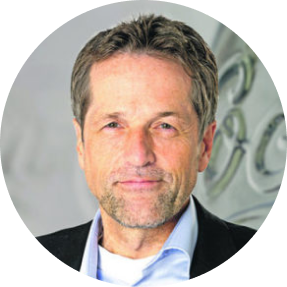
"The conference is a great means to educate young talents in sustainability in innovative and practical ways. They get an immediate impression of challenges and successes, moreover they meet a lot of people working on the subject. For us, the conference is a great way to reflect on our sustainability activities, discuss with students and meet with other experts."
Axel Bachmann
General Manager of Sustainability, Coca Cola European Partners Deutschland
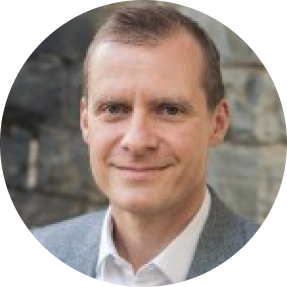
"The conference is an excellent occasion to bring people from business, academia and civil society organizations together. The direct exchange with students and business representatives in workshops on sustainability topics is very valuable to learn and to develop concepts together."
Florian Landorff
Head of Innovation, Welthungerhilfe
Day 1
Understanding SDG Partnerships & Business Transformation
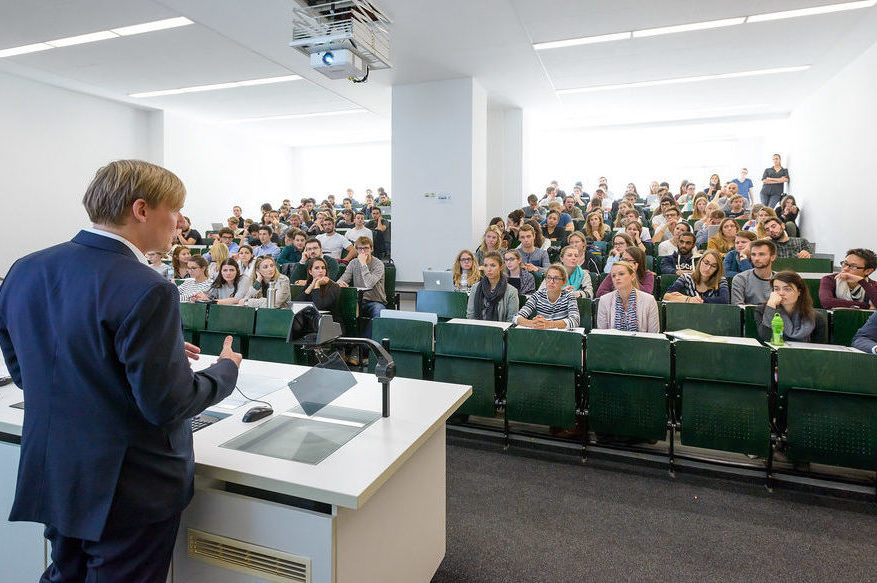
Access the Day 1 live stream here starting at 13:00!
| 13:00 | Welcome Coffee & Check-in | |
| in front of the Brandenburg Gate | ||
| 13:30 | Welcome Speeches: Conference Chairs, Andreas Kaplan and Jan Ehlers: "Introduction to the Sustainability Debate - Understanding the Importance of the SDGs and Agenda 2030" | |
| 14:00 | Key Note from representatives of the Business, Government & NGO/Society sectors: | |
| Jörg Mayer-Ries, Head of Division, Sustainable Development and Citizen Participation, Federal Ministry for Environment, Nature Conservation and Nuclear Safety Luca Crisciotti, CEO, DNV GL Susanna Krüger, CEO, Save the Children | ||
| 14:30 | Panel Discussion: Challenges of implementing sustainability | |
| 15:00 | Audience Reflection | |
| 15:15 | Networking Coffee-Break | |
| 15:45 | Best Practices of Trilateral Projects - Project Flashlights: | |
| Franck Vogel, Photojournalist Gènica Schäfgen, Head of Ecosia Germany Florian Hoffmann, CEO & Founder, DO School Thomas Schindler, CEO & Founder, delodi Dr. Joana Breidenbach, Co-Founder, betterplace.org Yvonne Löwenstein, Sustainability Manager, Share | ||
| 17:00 | Closing debate: Digital interaction – What did you learn? | |
| 17:30 | Closing remarks & Check out | |
| Moderation: Andrea Thilo |
Day 2
Implementing – Group work on a specific work stream
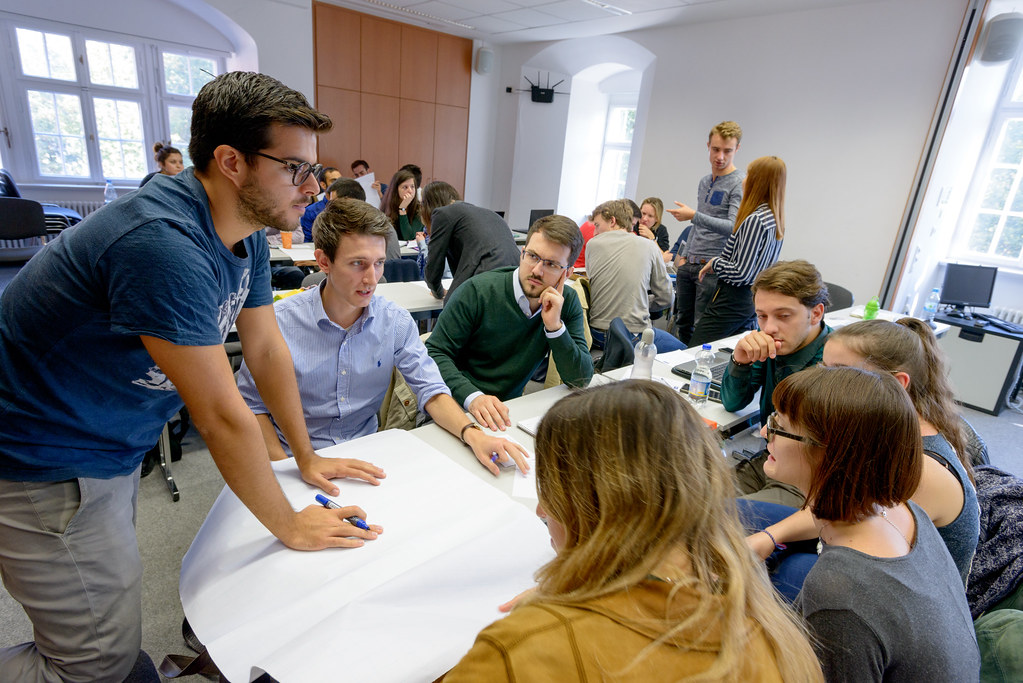
| 9:00 | Welcome & Registration | |
| 9:30 | Workshop Session I: Tackling problems | |
| 12:30 | Lunch | |
| 13:30 | Workshop Session II: Finding Solutions | |
| 15:30 | Coffee Break | |
| 16:30 | Preparing the Pitch Session | |
| 17:30 | Finish & Expert Get together |
# Workshop Sessions 2019
Bio-economy and Sustainability
Moderator: Stan Muraczewski
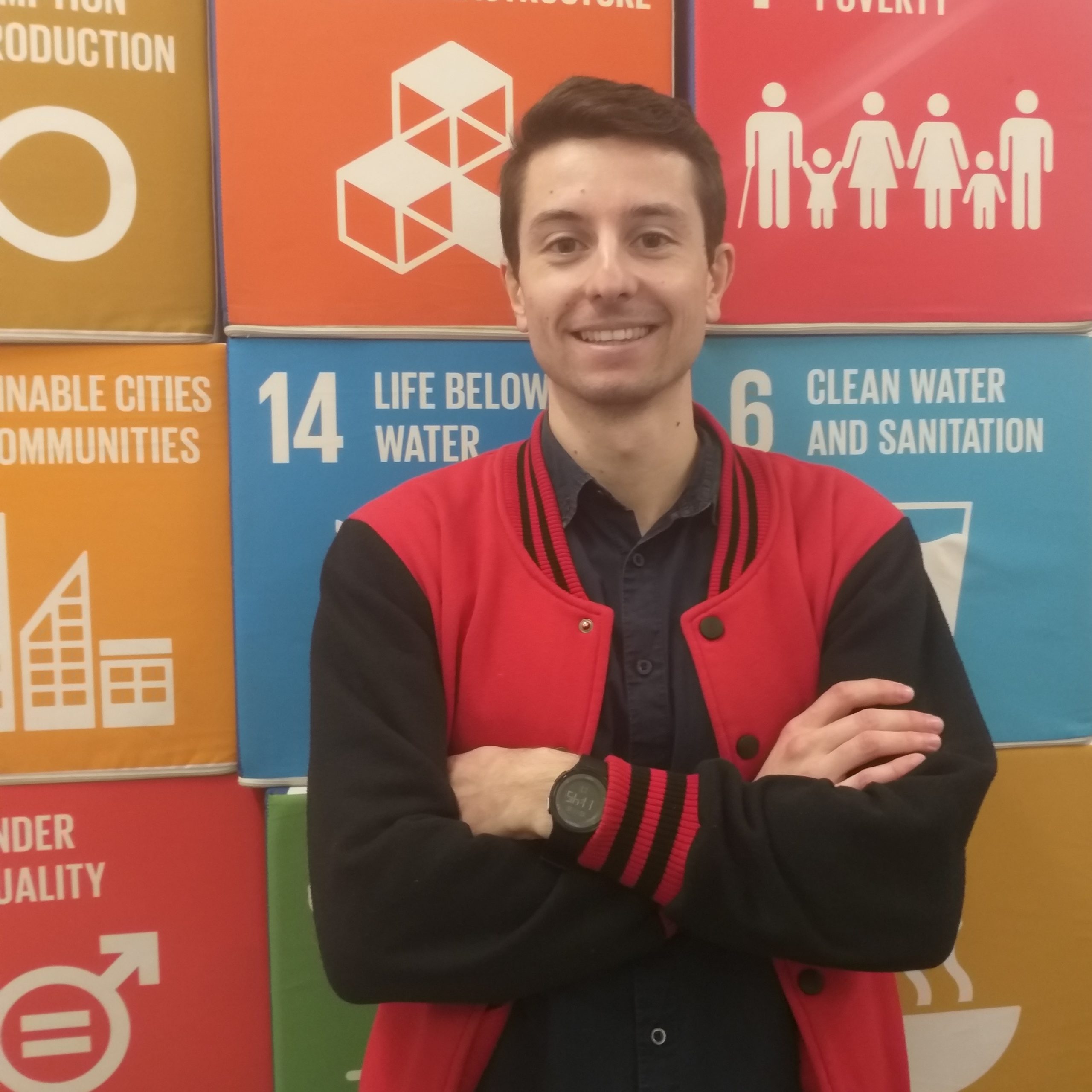
Experts/Coaches
Wouter Moekotte (BeO Bottle), Martin Clemesha (Braskem), Kristy-Barbara Lange (European Bioplastics)
Workshop Description
Industry, innovation, infrastructure : What are the top 3 best innovations in the bio-economy today? Pick 1 and write a strategy to make it become public mainstream. Responsible consumption and production : What are the pros and cons of bio-plastics? Give 3 precise solutions to tackle the negative impacts in the experts' perimeter. Climate action : How can the bio-economy help to fight climate change? According to your findings, prepare a pitch to convince business angels to invest in the bio-economy industry.
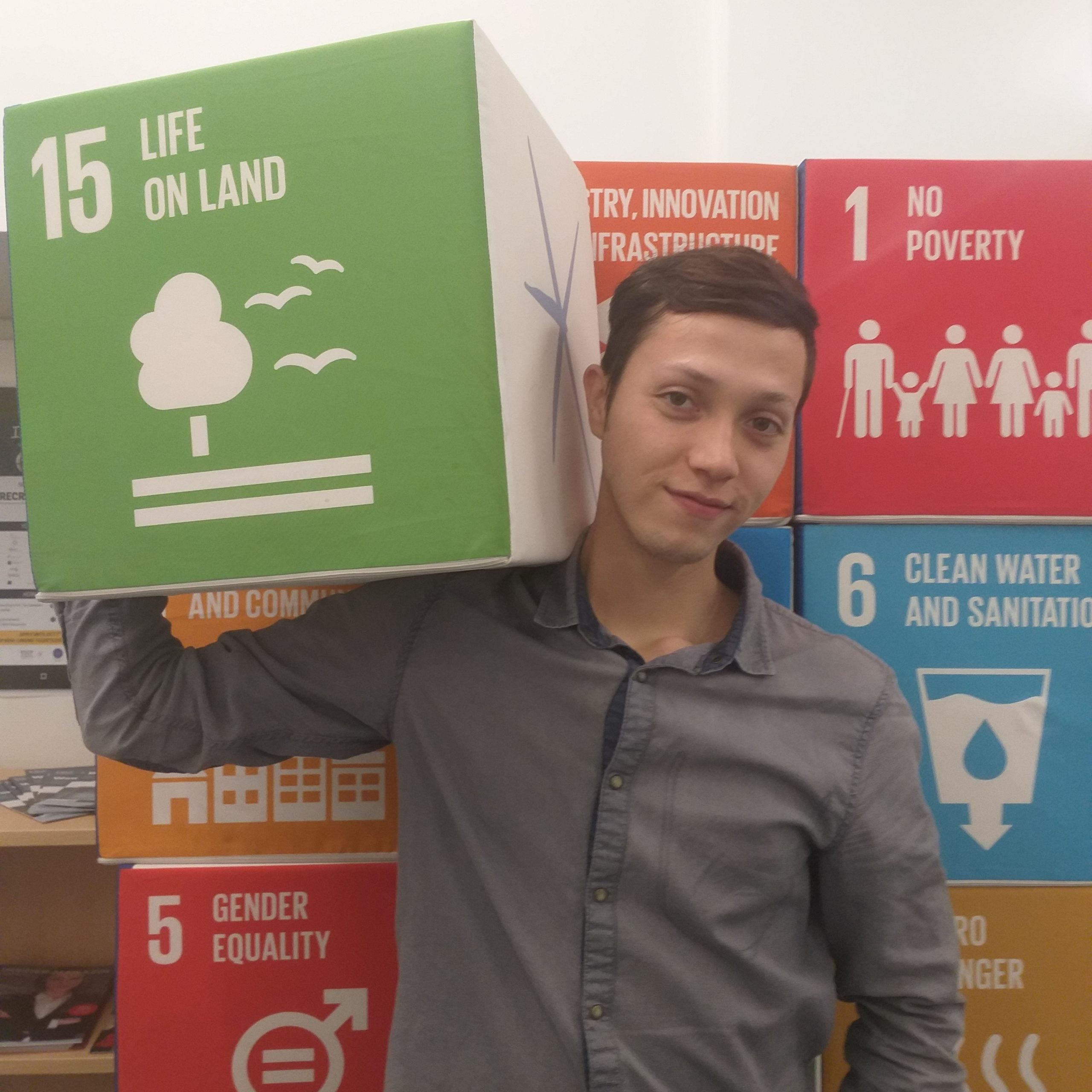
Sustainable Value Chains
Moderator: Erik Gloy
Experts
Wolfgang Baum (Fairventures Worldwide), Julia Breidenstein (HUMANA Kleidersammlung GmbH)
Workshop Description
Real sustainability can only be truly achieved when all parts of the value chain work together. The Circular Economy, use and re-use of materials as a concept improves the environmental impact of the entire value chain, meaning not onlyl ow environmental impact but also positive societal impact. Customers and suppliers need to work together with all the stakeholders along their value chain to further improve the overall footprint of the value chain. How can we enhance a value chain in order to contribute not only to new innovations, value proposition development and advancing sustainability metrics, but also to sustainable development?
Tech for Good
Moderator: Ruby Hawliczek
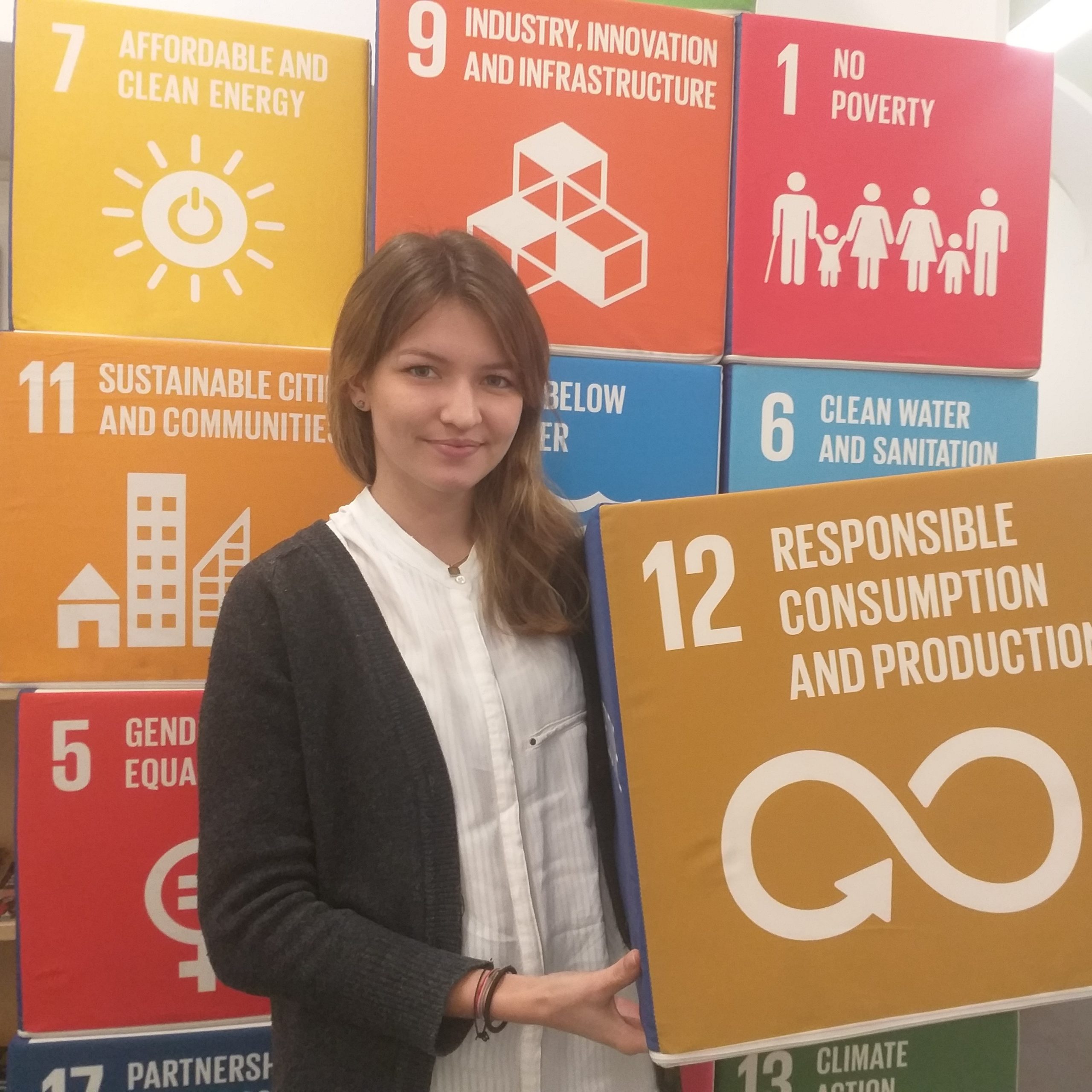
Experts/Coaches
Prof. Dr. Phillip Meissner (ESCP Europe), Thomas Schindler (Delodi)
Workshop Description
Exponential technologies (drones, sensors, etc) are reshaping every aspect of our lives and disrupting every industry. The accelerating pace of change is unfamiliar and unprecedented. How can we leverage the opportunities the advancement of technologies provides us with for the solution of the Global Grand Challenges of Sustainable Development?
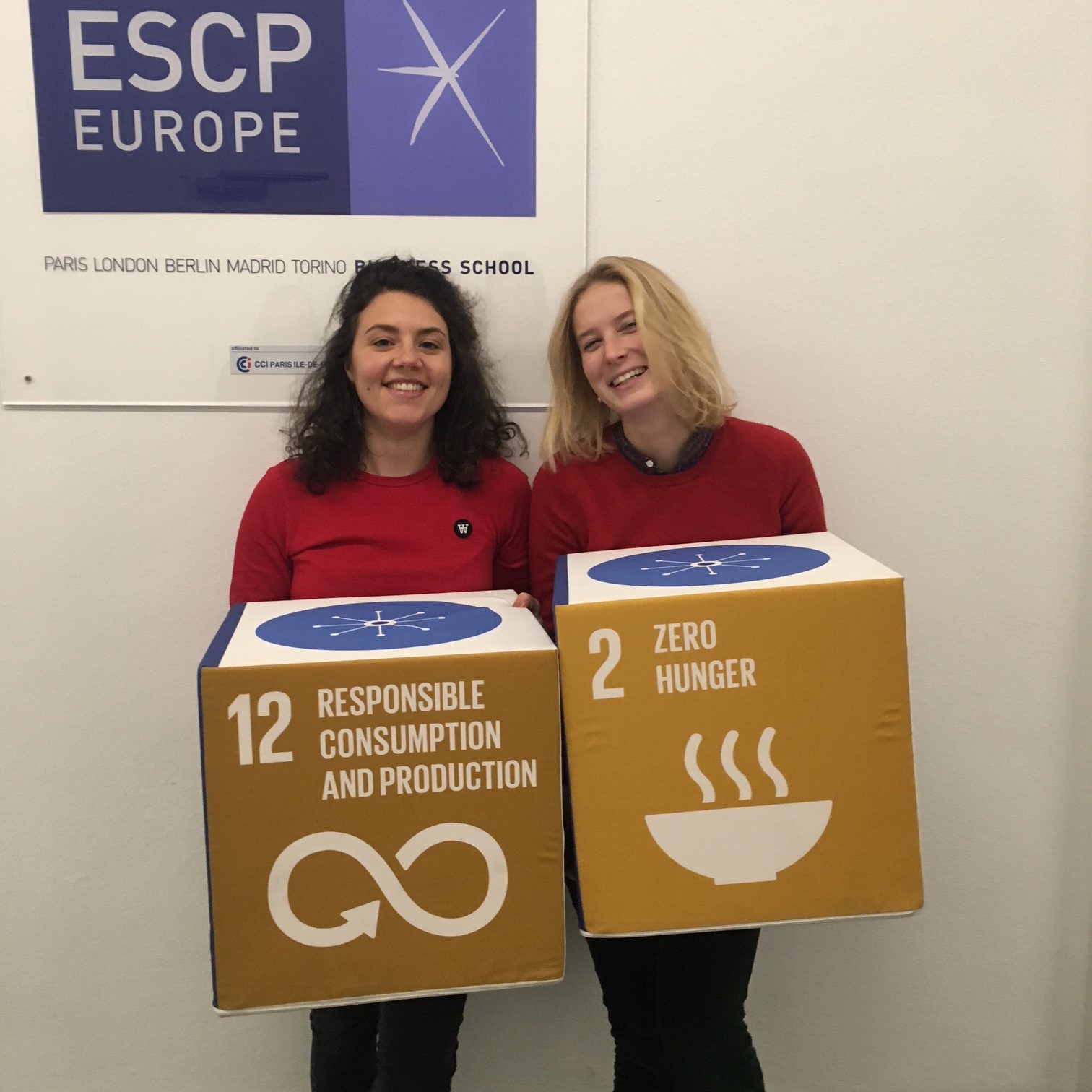
Food Waste in Germany
Moderator: Marei von Götz, Sumaya Sadek
Experts/Coaches
Sascha Rieth (Bio Company), Frederic Goldkorn (Querfeld), Gregor Raimann (Raimann Concepts)
Workshop Description
According to Food and Agriculture Organization of the United Nations, around one-third of all food produced for human consumption is lost or disposed of along the value chain. The topic of food waste is becoming increasingly urgent, as the pressure on global resources is increasing due to a growing world population. In Germany alone 18 million tons of food waste are generated annually, of which 9.9 million tons could be avoided. Although we are facing hunger on one side of the world, we are still throwing away a huge chunk of the food we produce. Framed by SDG 12 (sustainable production and consumption) and SDG 2 (zero hunger) students will work in groups to look at different parts of the supply chain to evaluate what actions can be taken to reduce food waste. The outcome will be the get a holistic understanding of the problem and develop action plans for different stakeholders.
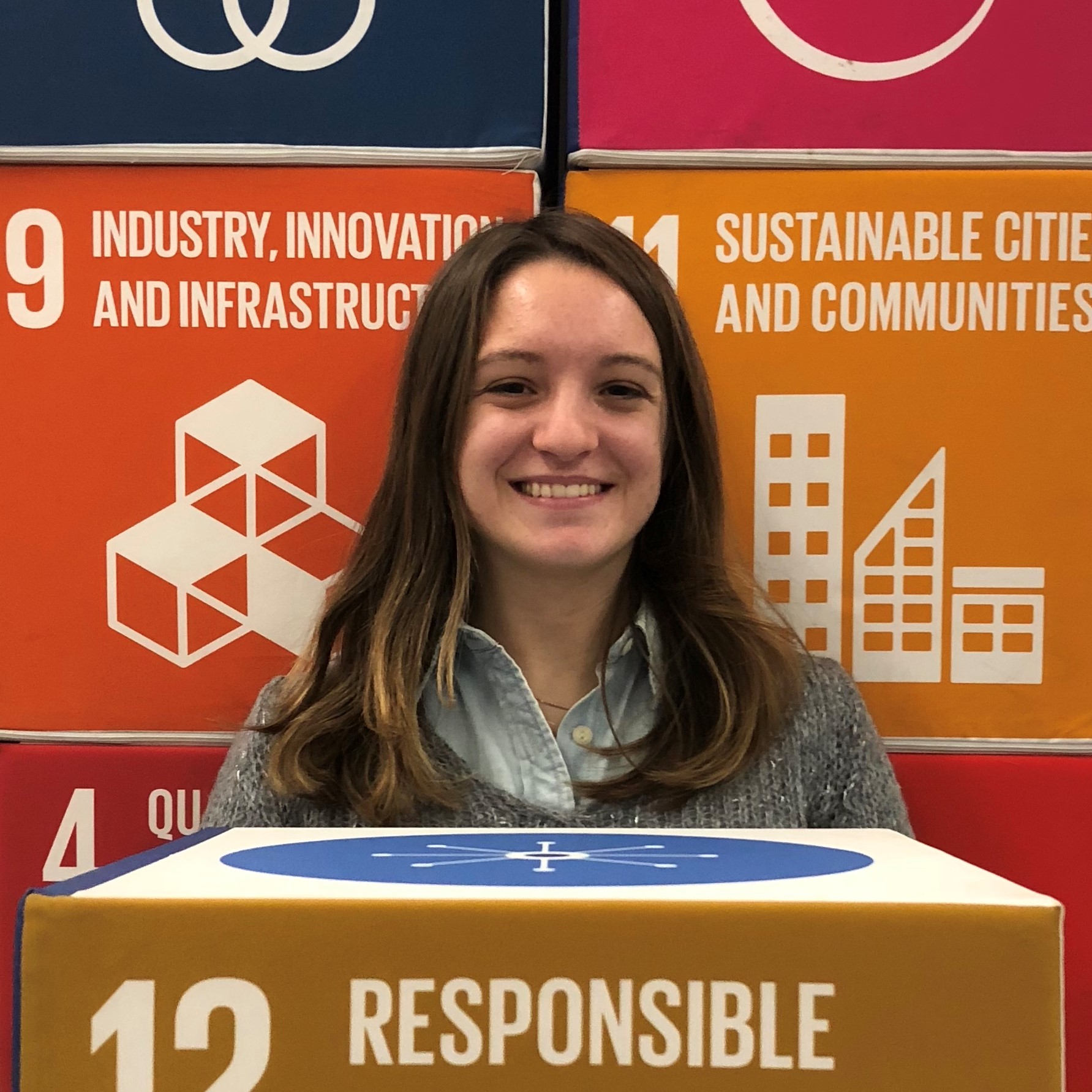
Fashion: Upstream Supply Chain
Moderator: Martina Saiu
Experts
Maria Ledous (Uniqlo), Nora Vehling (Fashion Revolution Germany), Beth Greenaway (Zalando)
Workshop Description
The fashion industry employs millions of people worldwide and it is increasingly facing scrutiny regarding transparency and disclosure of information about its supply chains. In this workshop we aim to look at the upstream supply chain of the fashion industry, considering the social implications, such as working conditions, that result from the fast pace required to deliver up to 50 collections a year for major fast fashion brands.
E-waste
Moderator: Valentin Bouvier
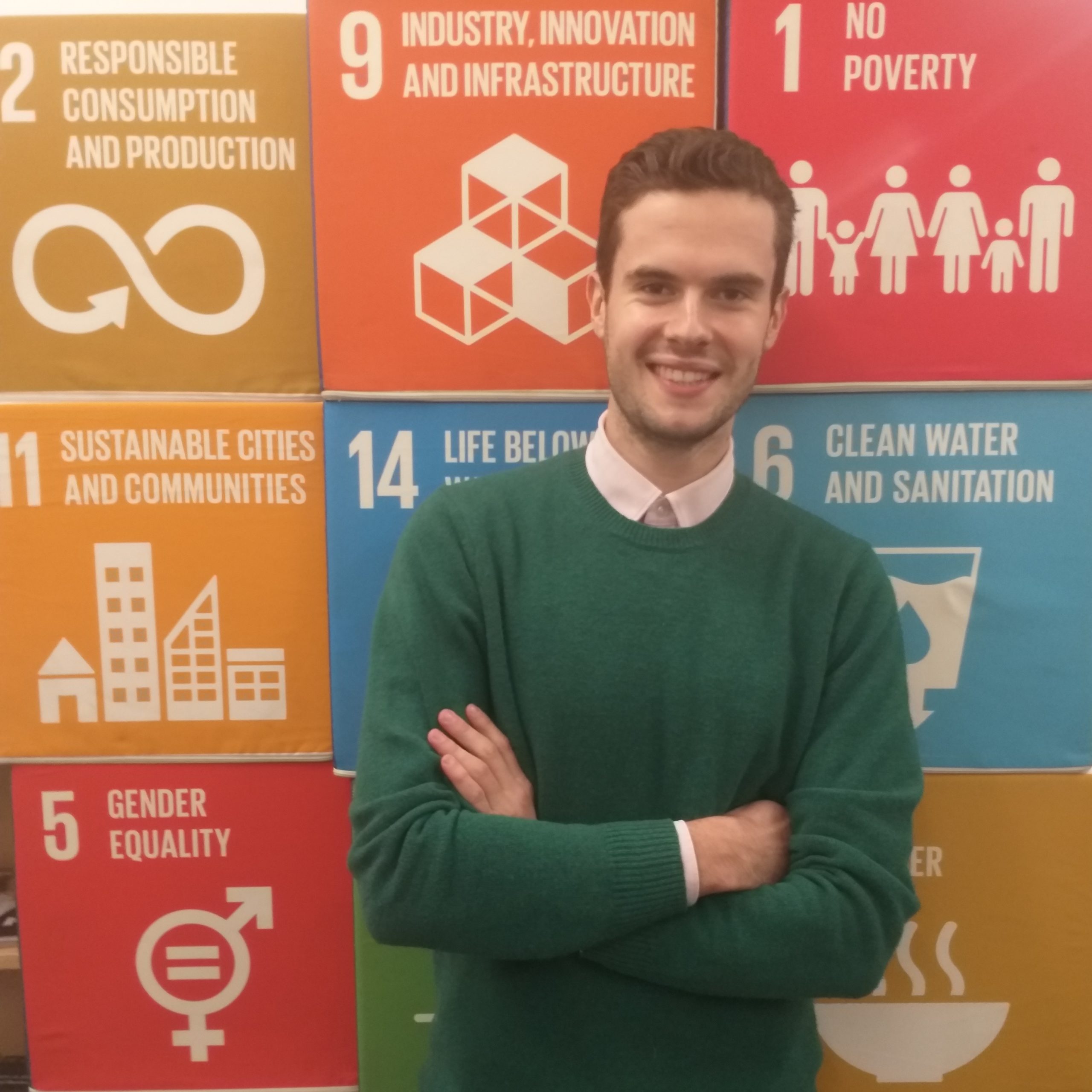
Experts
Phillip Buddemeier (Accenture Strategy), Nico Pastewski (Accenture Strategy)
Workshop Description
In this workshop, we will tackle the pressing issue of E-waste, and see how it could be prevented or used at an advantage, through principles of the Circular economy. With the help of two expert consultants from Accenture and a representative of Grover, a company whose business model is changing the way we consume electronics, students will be encouraged to think of ways to integrate the Circular economy in the business models of leading electronics producers.
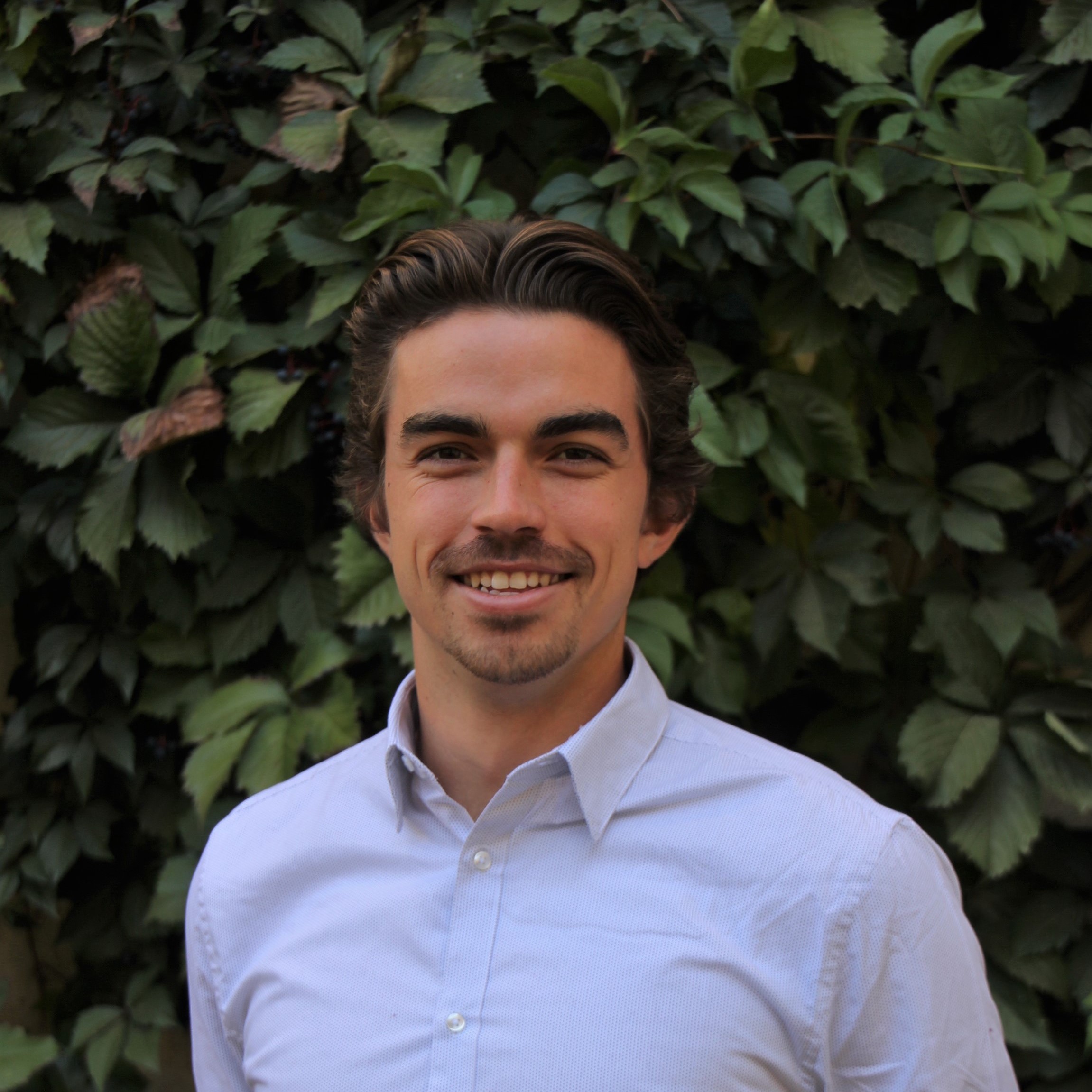
Supply Chain Intricacies of a food-specific products: From Farm to Consumer
Moderator: Wyatt Ball
Experts
Sarah Budke (Chérie Chocolat), Ömür Kasap (Unilever Germany - Ben & Jerrys)
Workshop Description
This workshop looks to facilitate a discussion and analysis of the different steps within the supply chain of bringing a food product (in this case, chocolate) in a sustainable manner. The experts will provide an overview of the different steps within the chocolate supply chain and discuss briefly (in presentation format) how the base-product is cultivated and shipped along its supply chains to the consumer end. The participants tasks will be to highlight the difficulties along the supply chain and discuss in detail where and in what innovative manners can the associated environmental, social, and economic variables the product creation and consumption can be altered or changed.
Workshop on Sustainable Consumption within the Beauty Sector
Moderator: Sandra Pekle
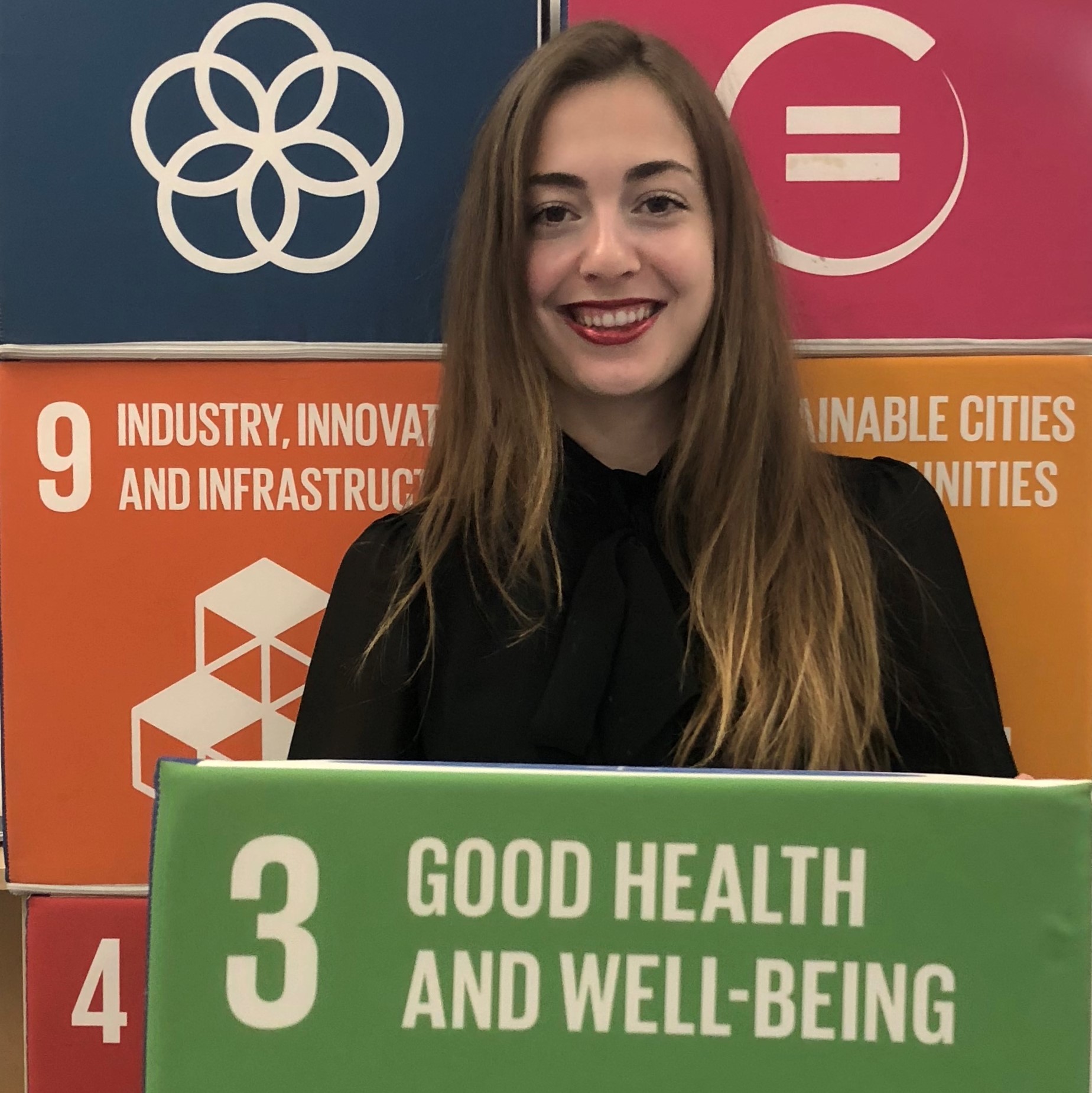
Experts
Anna Lucuk (Coty), Paul McNeillis (DNV GL)
Workshop Description
The Beauty industry has lot of consumers and influencers. It is therefore well suited for raising consumers awareness through numbers of consumers as well as social medias. Engaging in consumers topics has mass appeal. The workshop will thrive to answer the following question : How can the beauty sector raise consumers awareness of sustainable issues in order to drive actions in the supply chain or other sustainable development? The workshop will also work on a short case study on how “CoverGirl” became the largest beauty brand to earn cruelty free International’s “Leaping Bunny” certification.
Waste Management Systems in Mass Events
Moderator: Andrea Bragagna

Experts
Andrea Bragagna (Regatta ESCP Europe)
Workshop Description
The workshop will have the objective to give students the chance to employ their creative mindsets to find a solution to the unavoidable production of waste during such a large event. The students will be prompted to follow a design thinking approach to developing a waste management system from a circular economy standpoint. In doing this they will be supported by the knowledge of an expert in the field.
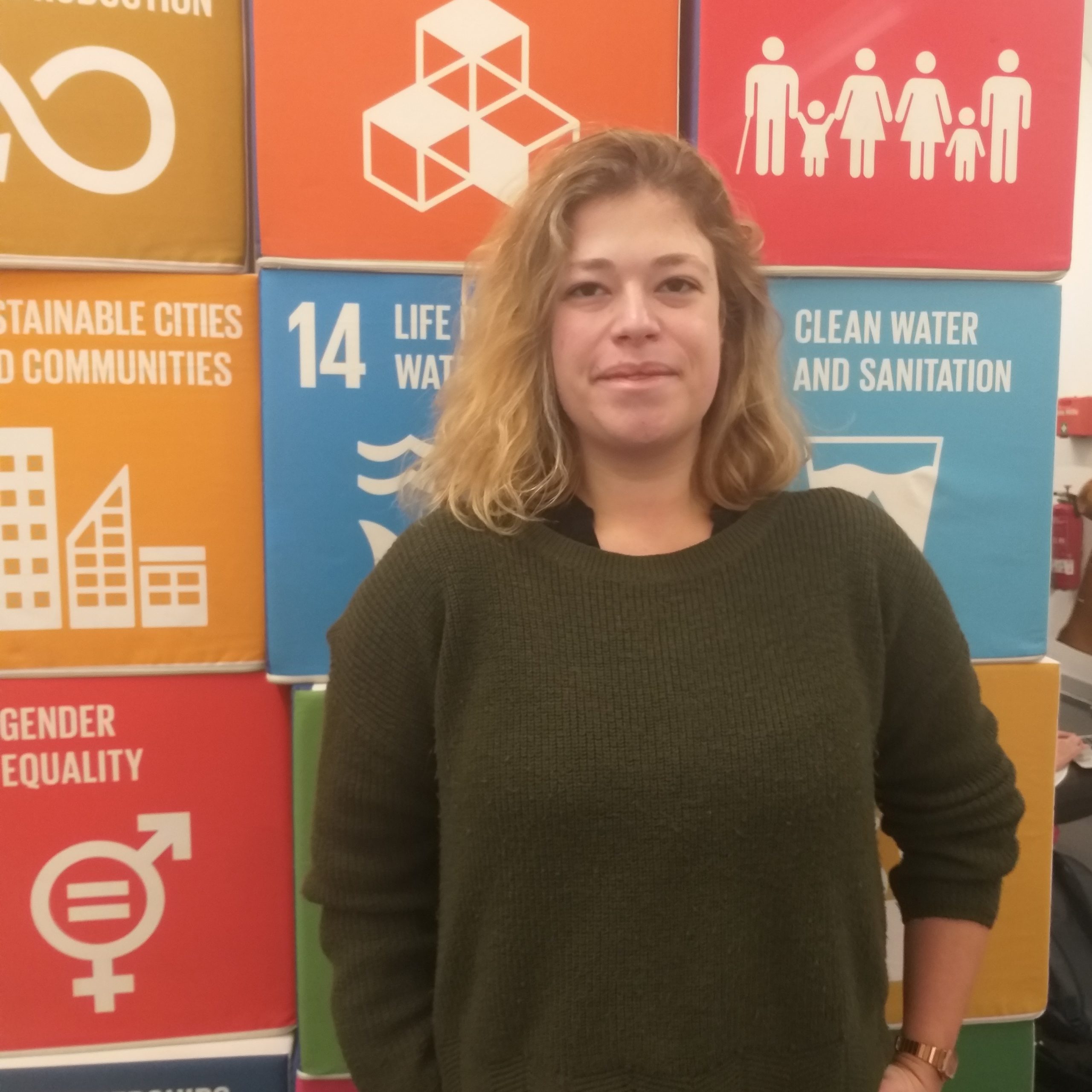
Sustainable Mobility and Delivery Systems workshop
Moderator: Solène Tobler
Experts
Matt Stewart (DO School), Phillip Tettenborn (DO School), Marc Watine (PwC Germany)
Workshop Description
The ocean represents 90% of the earth’s biosphere. It's sheer size and rich diversity represent a wealth of opportunities and resources in times of rapid population growth. But the continuation of current unsustainable business practices is jeopardizing it all. In this workshop, we will explore impactful innovations and put our creativity to work for the oceans!
Sustainable mobility: How can individuals and businesses reduce their carbon footprint?
Moderator: Solen de Kervasdoué
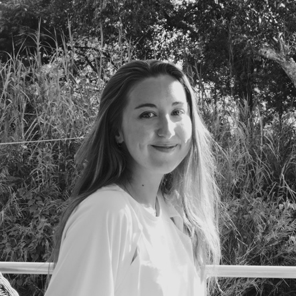
Experts
Alexander Schmid (Bearing Point), Julia Epp (WZB), Pascal Bock (Volkswagen AG)
Workshop Description
The purpose of the workshop is that futures managers gain some knowledge about sustainable transportation and to make them rethink about their practices and that of organizations with regard to mobility. First, an overview of the subject and its importance for sustainable development will be given, and each experts will introduce themselves and their role within the mobility sector. Then, we will start the design thinking process, in which students will be asked to participate to didactic games and answer questions, in order to develop solutions together with experts, regarding a specific topic in sustainable mobility.
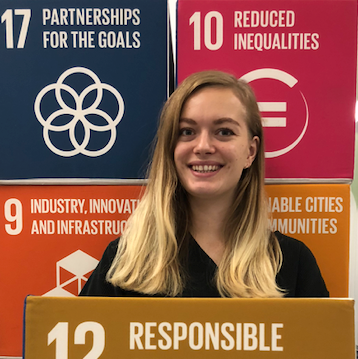
Challenges of sustainable paper packaging for consumer goods
Moderator: Emilie Grytte Eikeland
Experts
Dominique Kathe (Mars Petcare), Ulrich Malessa (FSC Deutschland), Larissa Gleich (Consulting & Organisation)
Workshop Description
Packaging plays an important part in both protecting products and communicating product features, but have you ever thought about the environmental and social impact of packaging production and consumption? We will in this workshop explore the sustainability related challenges concerning paper packaging for consumer goods and how we can overcome these challenges.
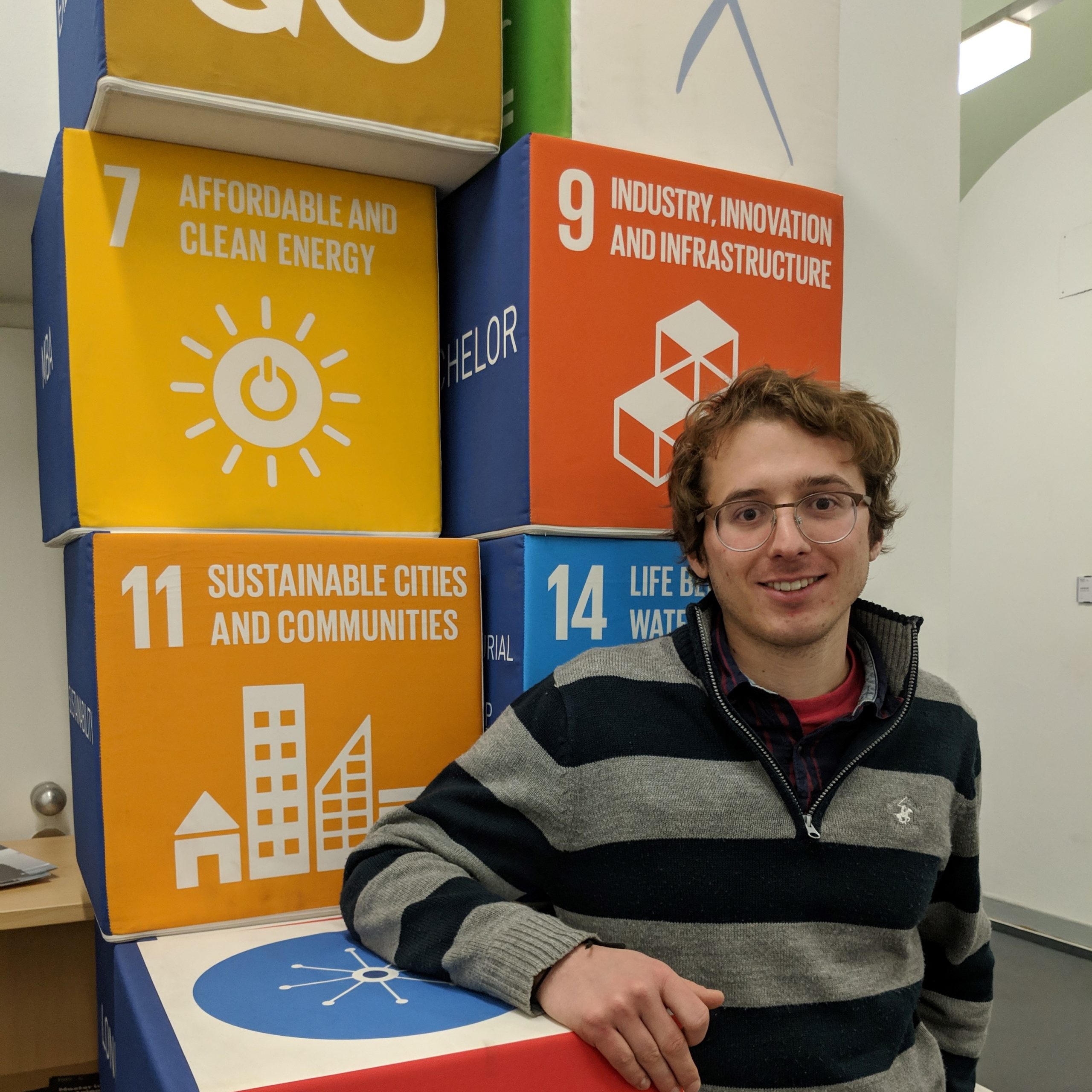
Blockchain
Moderator: Tom Caponiti
Experts
Joséphine Quioc (GIZ Blockchain Lab), Sven Edgren (DNV GL), Marta Ghiglioni (Italia FinTech)
Workshop Description
Almost everyone has heard of blockchain by now, but it's not just a buzzword. Distributed ledgers are an increasingly disruptive technology, changing the way businesses operate and interact. Blockchain can even be used to tackle environmental and social needs, while covering the scope of everything from energy to supply chain management.
Creating and Improving Access to Sustainable Healthcare in an Innovative Approach
Moderator: Yin Shi Pang
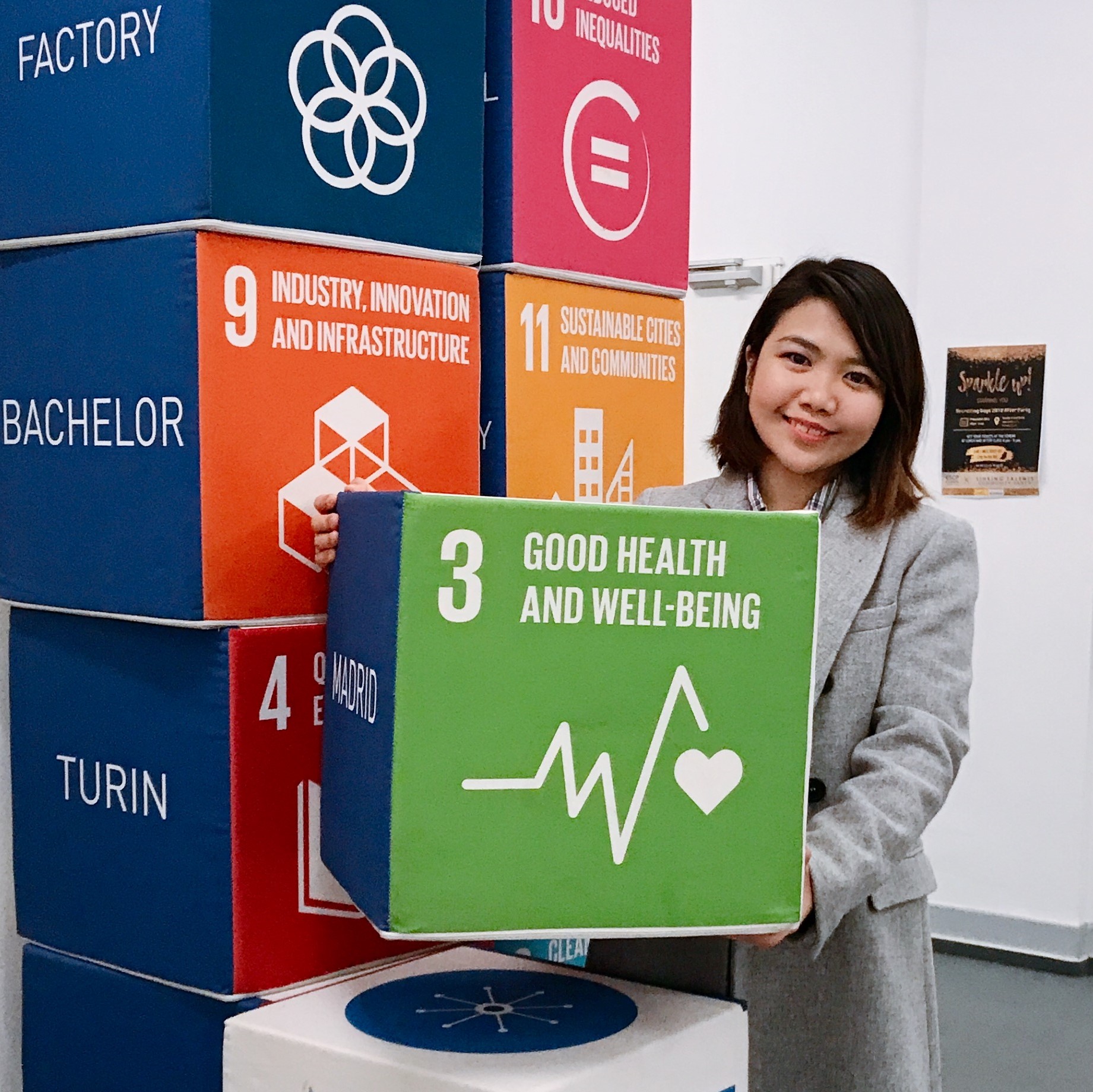
Experts
Joanna Pawlik (Reckon Digital), Dr. Sebastian Winkler (Thalamed)
Workshop Description
The healthcare industry is experiencing its most rapid pace of innovation ever. The shift is accelerated by technology innovation from the important dimensions including public health outreach, consumer and service experience, personalized care, remote patient management systems, patient information security in a more integrated and comprehensive manner. Welcome to join us if you are interested in the challenge and opportunity of the healthcare industry and eager to create new or significantly improved business models, organizational models, processes, methods of service delivery to develop a sustainable healthcare.
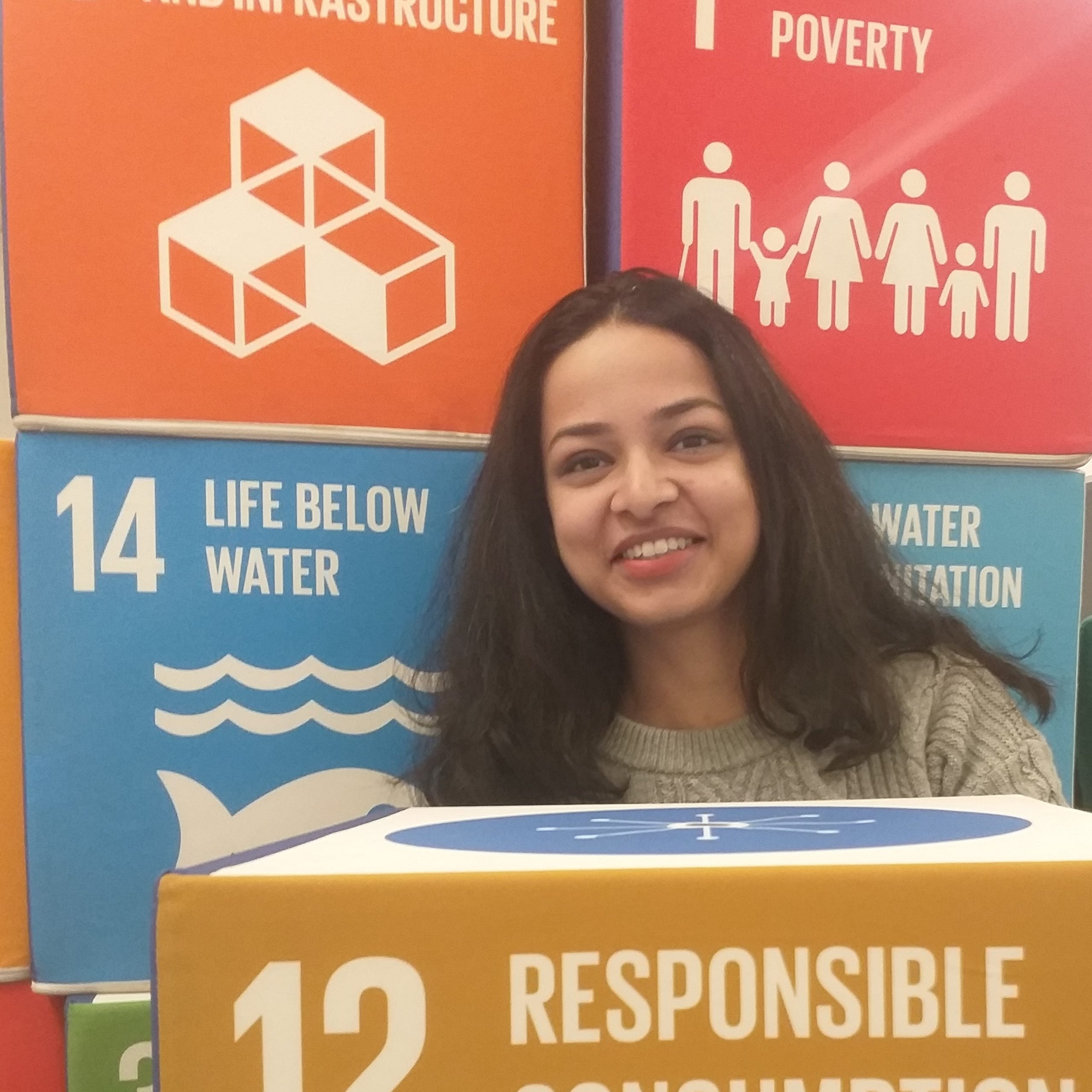
Recycling and Sustainability in plastic packaging
Moderator: Masooma Shrivastava
Experts
Miriam Melcher (Procter & Gamble), Clara Burow (Impact Revolution), Claudi Vietta (Leef)
Workshop Description
In 2015 the world produced more than 380 million tonnes of plastic. For context, this is roughly equivalent to the mass of two-thirds of the world population. Moreover, a recent report highlighted that an average person eats 70,000 microplastics (small disintegrated pieces of plastic) each year. Presently, our production and consumption of plastic is far greater than our waste management capacity. Given the global scale of plastic pollution, there is an immediate need of action from both businesses and consumers to control our dependence on plastic. In this workshop we will tackle the issue of plastic waste and see how businesses can innovate and disrupt their product or business model.
Sustainable Business School – Designing Tomorrow?
Moderator: Prof. Dr. Florian Lüdeke-Freund
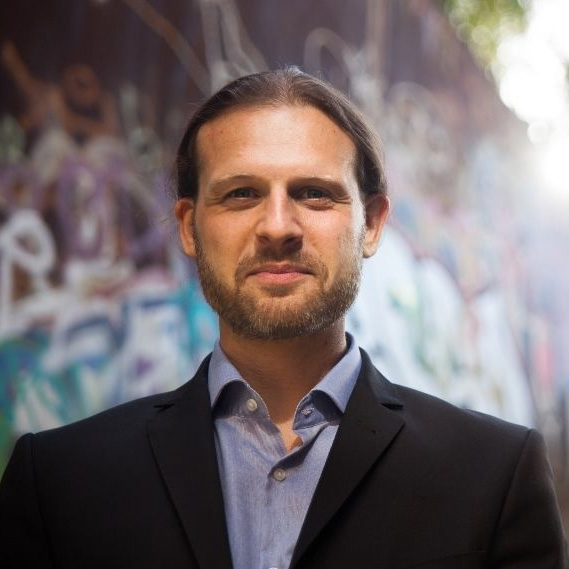
Experts
Prof. Dr. Florian Lüdeke-Freund (ESCP Europe Berlin), PD Dr. Remmer Sassen (University of Hamburg), Elisa Gansel (University Duisburg-Essen)
Workshop Description
Florian Lüdeke-Freund is Professor for Corporate Sustainability at ESCP Europe Berlin and Academic Director of the Master in Entrepreneurship and Sustainable Innovation. His teaching and research deal with sustainable entrepreneurship, corporate sustainability management, and sustainable business models. Florian founded www.sustainablebusinessmodel.org in 2013, an international hub for sustainable business model research.

Impact Measurement
Moderator: Janine Schnabel
Experts
Janine Schnabel (TomorrowIsNow), Alena Klatte (Value for Good)
Workshop Description
The workshop gave the students the possibility to dive deep into the topic of impact measurement. After a short introduction into the IOOI model - the students developed themselves business models which have profit but at the same time have an impact on society. The next step then was to measure the positive impact. It was surprising for the students to learn that impact always goes alongs with negative consequences. The students were astonished by the results one can achieve only in a few hours.
Smart Living
Moderator: Daniel Schmitt
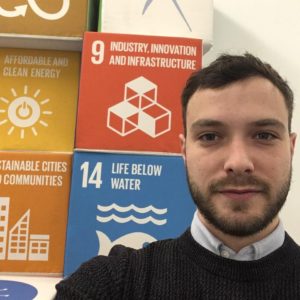
Experts
Marguerite Bellec (Viessmann Group), Michael Werner (Scholz & Friends)
Workshop Description
Current debates on resource scarcity or climate change are intrinsically linked with energy production. The energy system is undergoing a fundamental change with increasing shares of renewables and an emergence of innovative business models. While technologies and incentive schemes on the production side are broadly discussed, everyday energy consumption on the demand side is focussed less. The smart living workshop entails this discussion and aims at tackling both the benefits of such techology development (and how to communicate them) and the challenges they are facing.
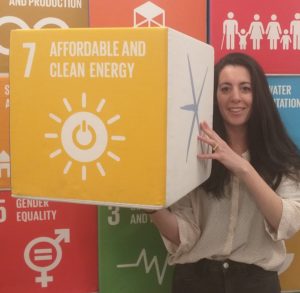
Energy
Moderator: Alice Grillon
Experts
Plug & Play, Solarkios, Golfstrom
Workshop Description
Understanding the challenges actors in the renewable energy sector are currently facing in order to expand and make it easily accessible to people. Among those challenges : cost, market availability and stockage.
Green Banking – A New Strategy to Regain Legitimacy for the European Banking Sector?
Moderator: Prof. Dr. Rolf Brühl
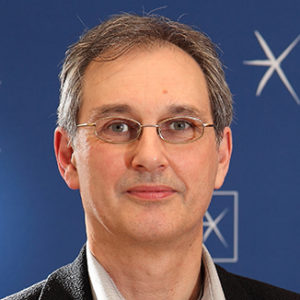
Experts
Prof. Dr. Rolf Brühl (ESCP Europe), Benedikt Kapteina (ESCP Europe)
Workshop Description
by the Paris Agreement on Climate Change, the UN’s Sustainable Development Goals and the demands of millennial investors. In in the eleventh year after Lehman’s bankruptcy, banks need to consider different societal expectations by developing new strategies and business models. Additionally, the EU Action Plan to finance sustainable growth, commissioned by the EU-Commission, has put forward proposals for the future design of a European financial system. This initiative aims to foster sustainability in the banking sector.
Sustainable Cities
Moderator: Team of Urban Desing Thinking.com
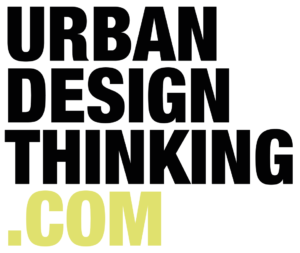
Experts
Simon Steiner & Jan Fritsche & Hilde Rosenboom (Urban Design Thinking)
Workshop Description
Clear view in the urban jungle? With the human-centered Urban Design Thinking approach we will develop an exemplary site close to Berlin in this workshop. We will connect different expertise and set a framework to cope with complexity and to open up sustainable potentials.
Storytelling for Sustainable Fashion
Moderator: Clara Camesasca
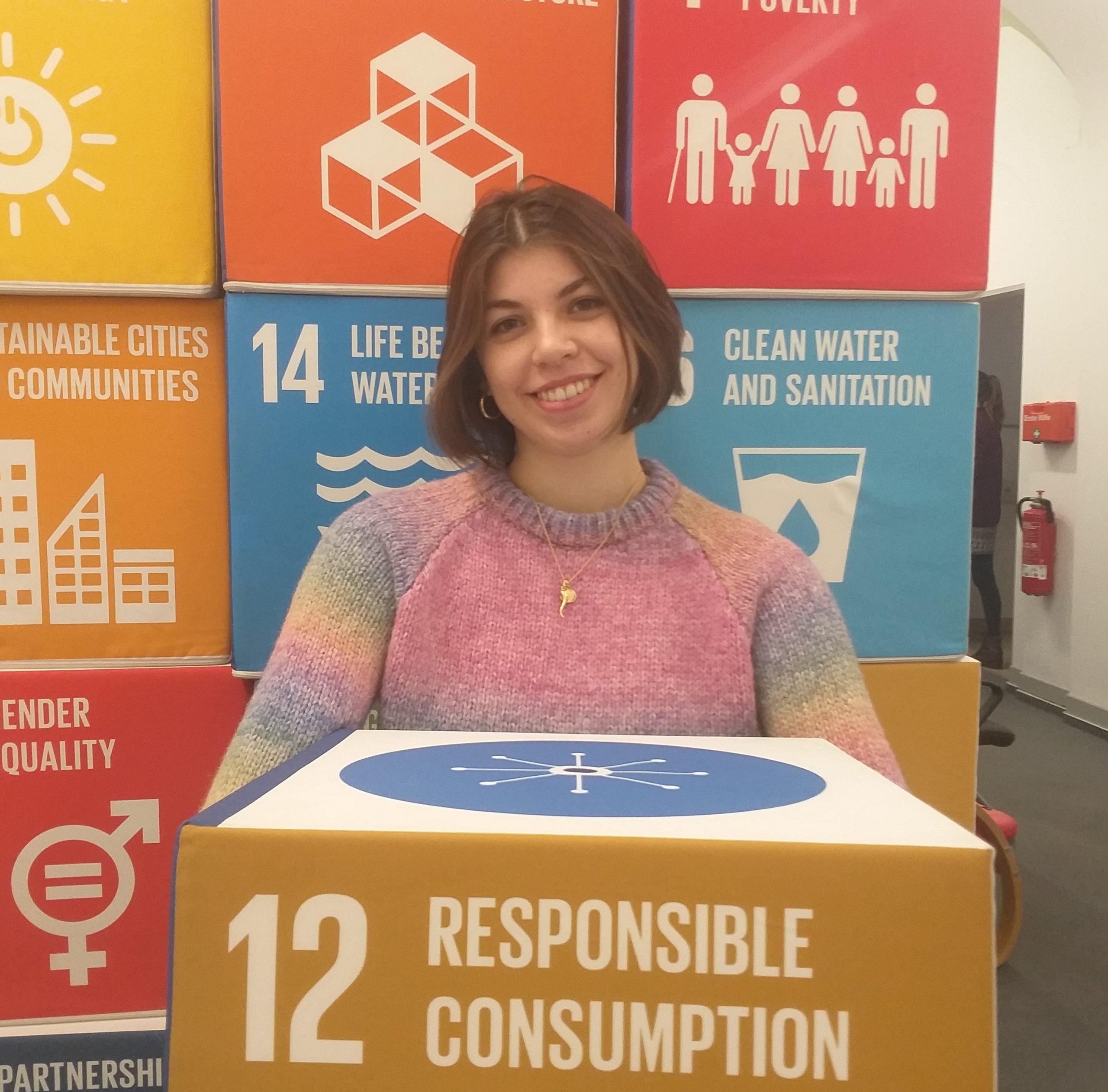
Experts
Isabelle Laurencin (Plug & Play Netherlands and Director of Fashion for Good), Rune Orloff (Parley from the Oceans), Lucas Klocke, (Uniqlo Germany), Marie-Sophie Vorbrodt, (Share)
Workshop Description
Exploring the role of marketing, communications and storytelling in shaping consumer behavior and accelerating the shift towards sustainable and circular business models in the fashion industry .
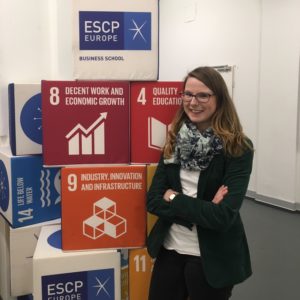
Sustainable Finance - Developing transparent and long-term oriented investments & The relationship between climate change and financial risks
Moderator: Theresa Gerdes andNathan Raynouard
Experts
Manuel Ehlers (Triodos), Cosima Stahr (adelphi), Klaus Hagedor (Analyst, 2degree Investing Initiative), Yvonne Zwick (Hub for Sustainable Finance), Katharina Latif (Allianz SE), Prof. Houdou Basse Mama (ESCP Europe Berlin)
Workshop Description
In order to achieve the EU’s 2030 sustainable development targets, the European Commission developed a roadmap to boost the role of finance in achieving a well-performing economy that delivers on environmental and social goals as well. This roadmap has three main objectives: reorienting capital flows towards sustainable investment, managing financial risks stemming from climate change, and fostering transparency and long-termism in financial and economic activities. In this workshop, we aim to develop ideas how to enhance transparency coupled with a long-term orientation.


